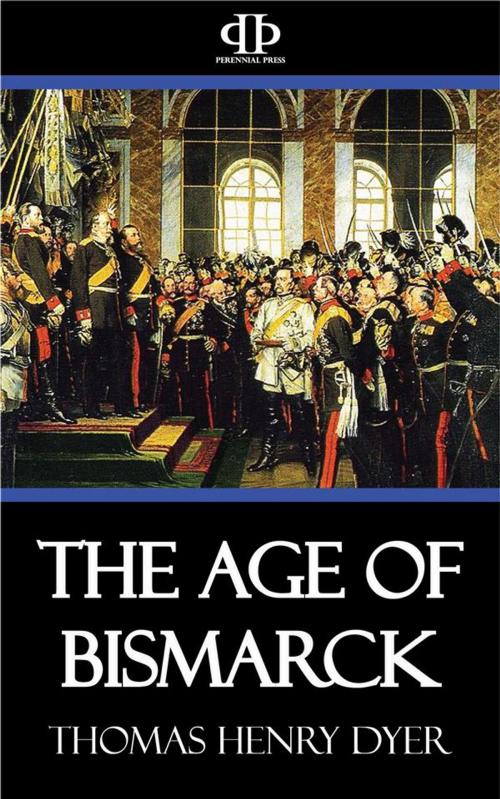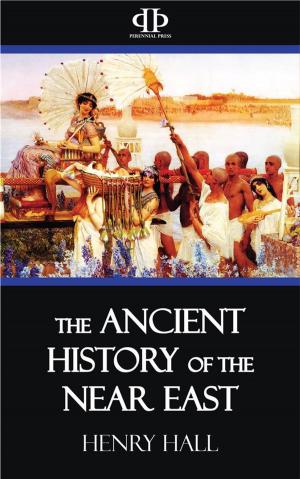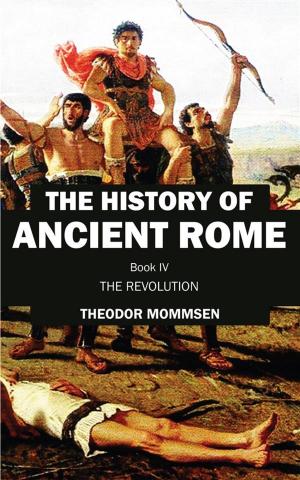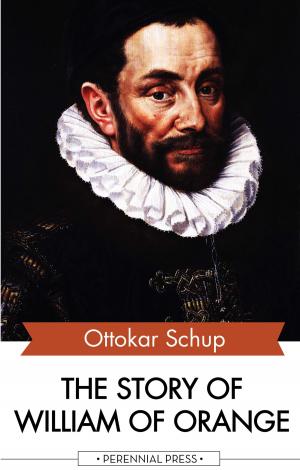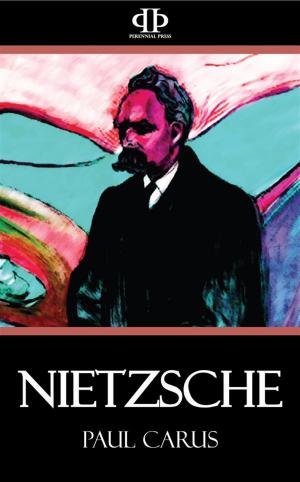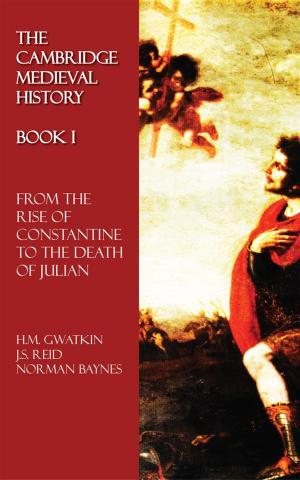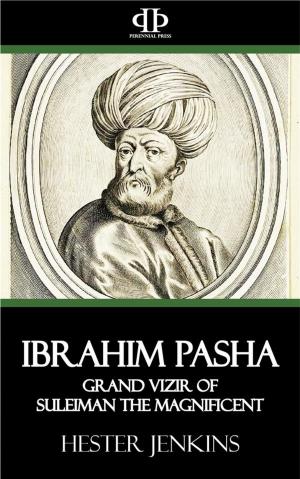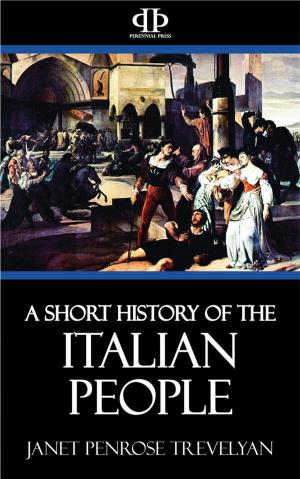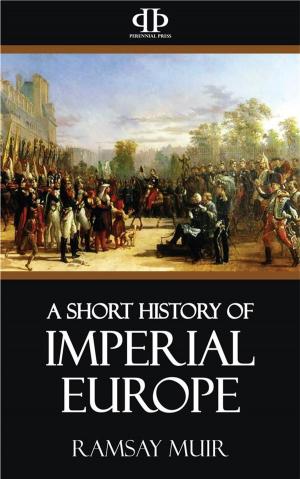| Author: | Thomas Henry Dyer | ISBN: | 9781518365737 |
| Publisher: | Perennial Press | Publication: | January 8, 2016 |
| Imprint: | Language: | English |
| Author: | Thomas Henry Dyer |
| ISBN: | 9781518365737 |
| Publisher: | Perennial Press |
| Publication: | January 8, 2016 |
| Imprint: | |
| Language: | English |
THE period which elapsed between the close of the Crimean war and the establishment of the German Empire at the beginning of 1871, may be said to contain events of more importance as regards the European system than even its reconstruction by the Congress of Vienna. These events are, besides the new Empire just mentioned, and a few minor occurrences, the establishment of the Kingdom of Italy, the absorption of the Pope’s temporal power, the realization of Prussian supremacy, the decline of Austria, and the Franco-German war. In the same period occurred two events of vast moment in the history of the world: the Indian revolt and the civil war in America, which threatened at one time to break up and divide the great Republic of the Western Hemisphere; but these have no direct bearing on our peculiar subject, the European concert. The affairs of Italy first claim our attention, from their priority in order of time.
The Austrian occupation of Lombardy and Venetia seemed still in the year 1858 to offer an insuperable bar to Italian unity and freedom. Whilst the possession of these provinces severed Italy, it also enabled the Austrians to introduce their forces into that country for the purpose of upholding its several governments; all of which, with the exception of Sardinia, were more or less under their influence. The sovereigns of Parma, Modena, and Tuscany, were connected with the Austrian Imperial family, and leaned on it for support; whilst the Austrian Cabinet had also a powerful voice in the Neapolitan and Papal councils, and may thus be said to have dominated nearly all Italy. Without the expulsion of the Austrians, the views of Italian patriots could not be realized, and without foreign help they could not be expelled. The attempt had been made in 1849, and ended in disastrous failure...
THE period which elapsed between the close of the Crimean war and the establishment of the German Empire at the beginning of 1871, may be said to contain events of more importance as regards the European system than even its reconstruction by the Congress of Vienna. These events are, besides the new Empire just mentioned, and a few minor occurrences, the establishment of the Kingdom of Italy, the absorption of the Pope’s temporal power, the realization of Prussian supremacy, the decline of Austria, and the Franco-German war. In the same period occurred two events of vast moment in the history of the world: the Indian revolt and the civil war in America, which threatened at one time to break up and divide the great Republic of the Western Hemisphere; but these have no direct bearing on our peculiar subject, the European concert. The affairs of Italy first claim our attention, from their priority in order of time.
The Austrian occupation of Lombardy and Venetia seemed still in the year 1858 to offer an insuperable bar to Italian unity and freedom. Whilst the possession of these provinces severed Italy, it also enabled the Austrians to introduce their forces into that country for the purpose of upholding its several governments; all of which, with the exception of Sardinia, were more or less under their influence. The sovereigns of Parma, Modena, and Tuscany, were connected with the Austrian Imperial family, and leaned on it for support; whilst the Austrian Cabinet had also a powerful voice in the Neapolitan and Papal councils, and may thus be said to have dominated nearly all Italy. Without the expulsion of the Austrians, the views of Italian patriots could not be realized, and without foreign help they could not be expelled. The attempt had been made in 1849, and ended in disastrous failure...
